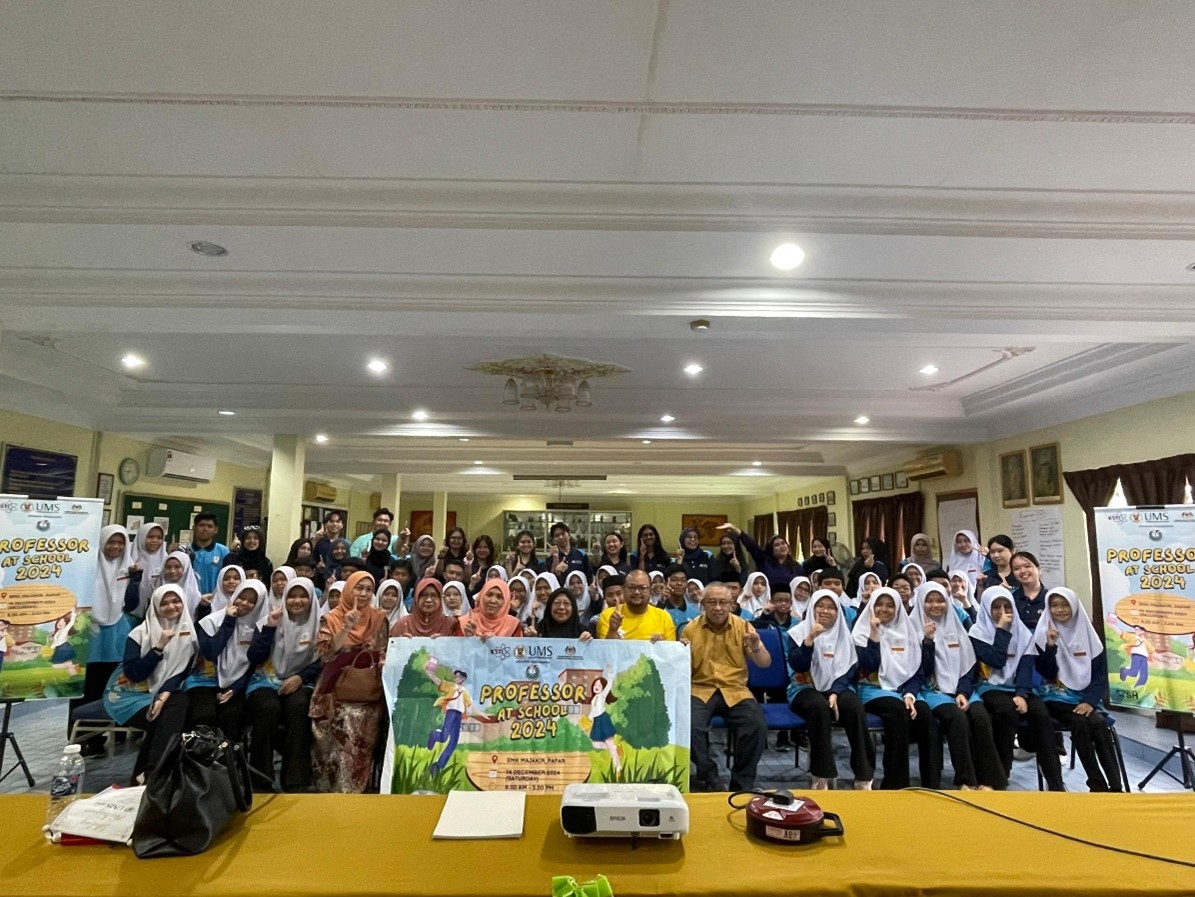
The One Health Student Club (OHSC) of Universiti Malaysia Sabah (UMS), in collaboration with the U-Science Center UMS and the Sabah Ministry of Science and Technology, recently launched the ‘Professor@School’ program at Sekolah Menengah Kebangsaan (SMK) Majakir, Papar.
This program aims to guide school students in choosing Science, Technology, Engineering, and Mathematics (STEM) as their future career paths.
According to OHSC advisor, Dr. Zulkhairul Naim Sidek Ahmad, a variety of programs have been planned, to be implemented over four years, involving OHSC UMS students from various disciplines as mentors for selected school students.
He explained that this initiative aims to provide exposure, inspiration, and guidance to school students, helping them better prepare for pursuing education in STEM fields.
“We want to show them that STEM is not only interesting but also opens vast opportunities for the future. With the help of mentors, students can see firsthand how theories are applied in the real world.
“With the close collaboration between OHSC UMS and the schools, the ‘Professor@School’ program is expected to make a significant impact on the school students and their future in the STEM world,” he elaborated.
The first phase of the program was officially launched by the Principal of SMK Majakir Papar, Zuraidah Salleh.
Zuraidah expressed her hope that over 80% of the students selected for the program would choose STEM as their career direction.
“This program is an extraordinary opportunity to expose students to the world of STEM through continuous mentoring,” she said.
The ‘Professor@School’ program involves regular mentoring sessions, hands-on activities, motivational talks, and visits to laboratories and faculties at UMS.
The mentor-mentee approach is designed to build strong connections between school students and university students, creating a supportive and conducive learning environment.



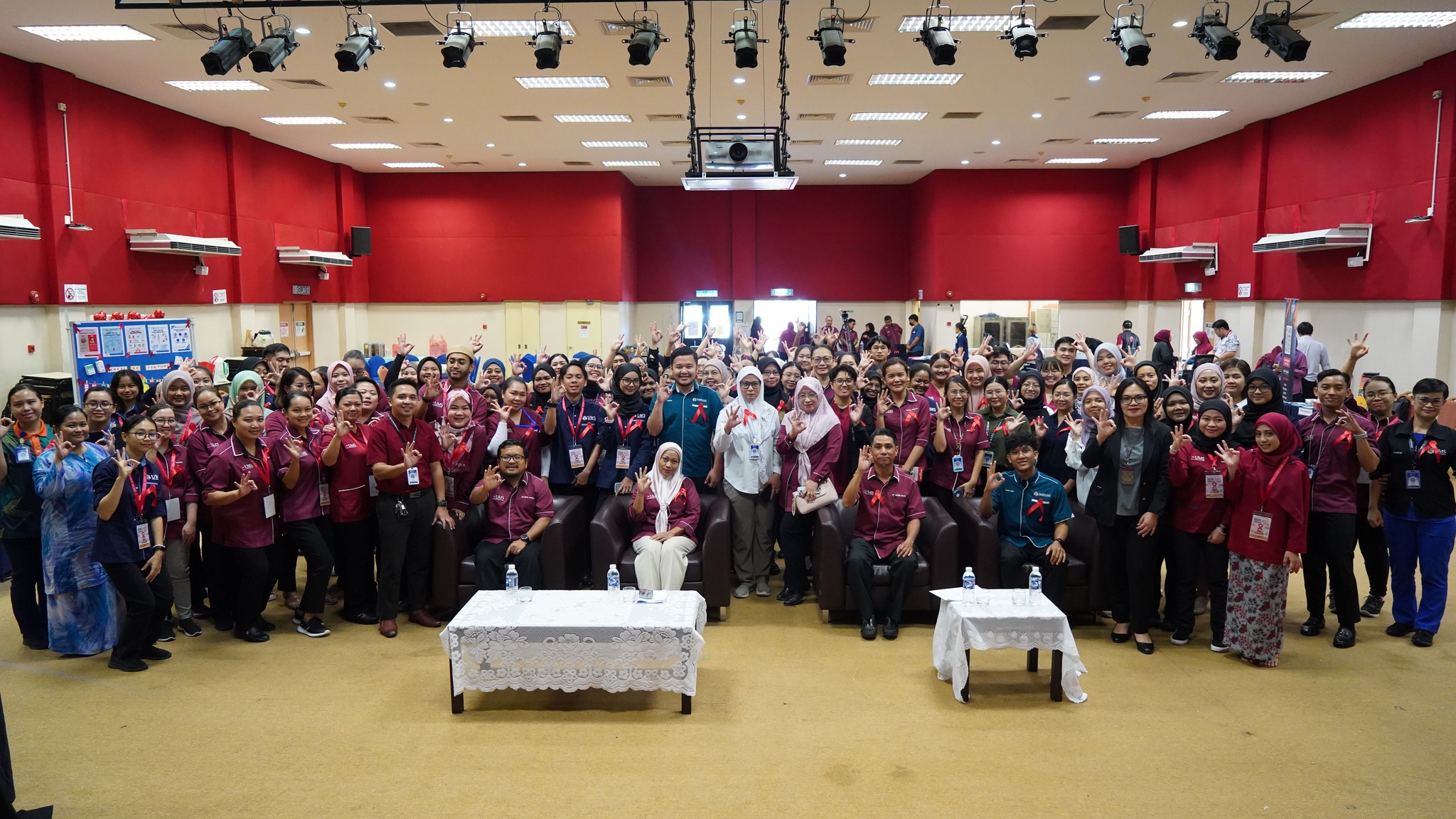
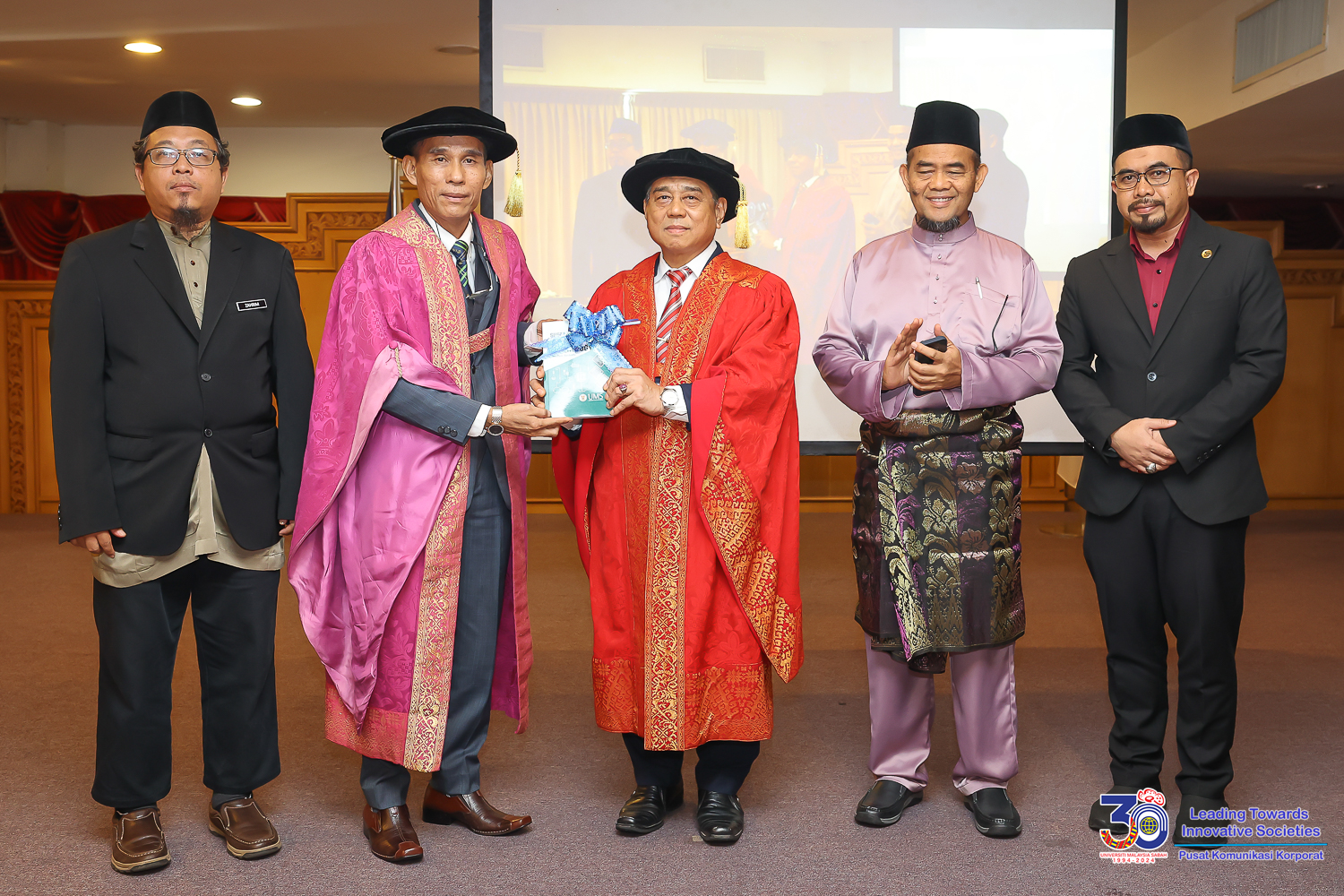
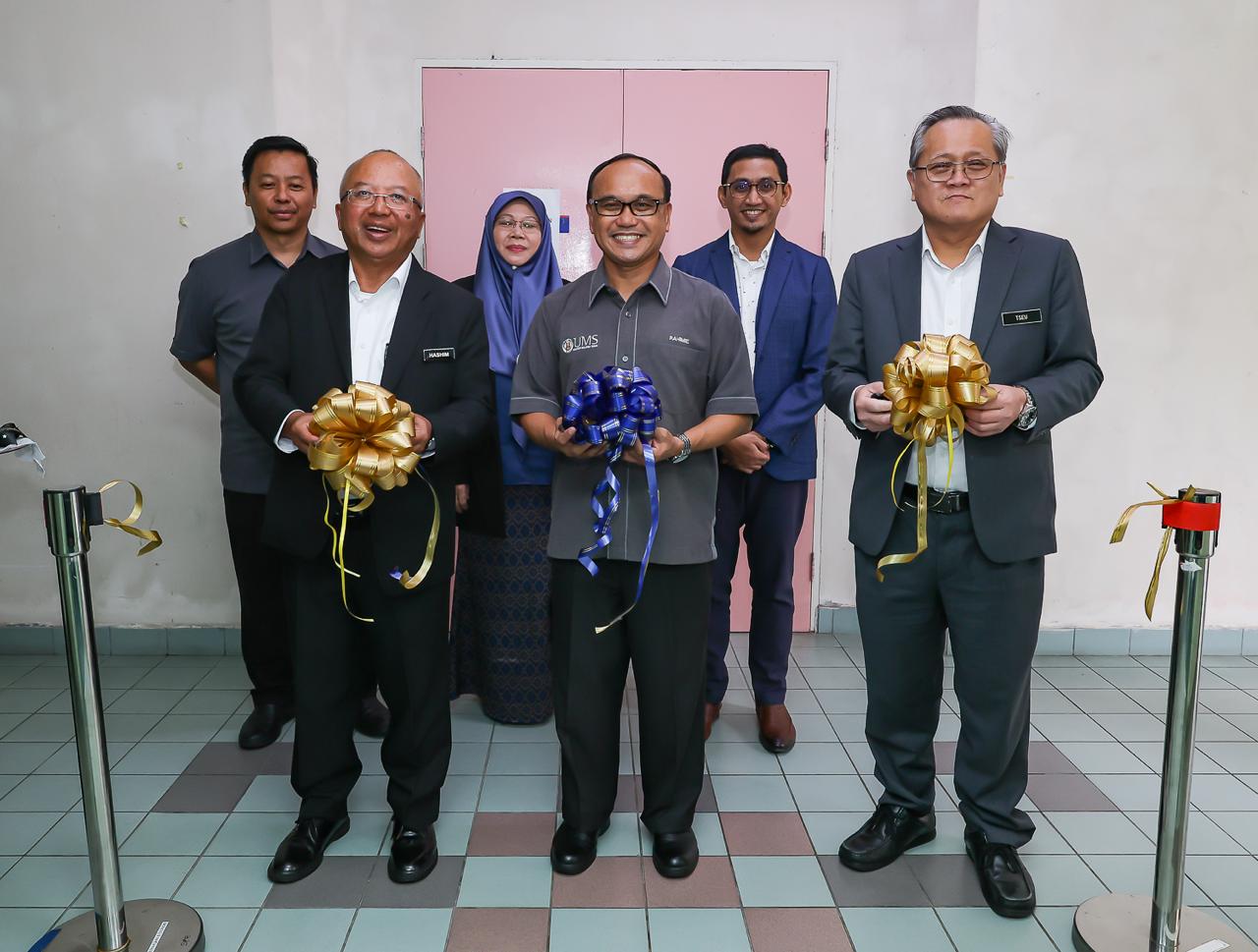
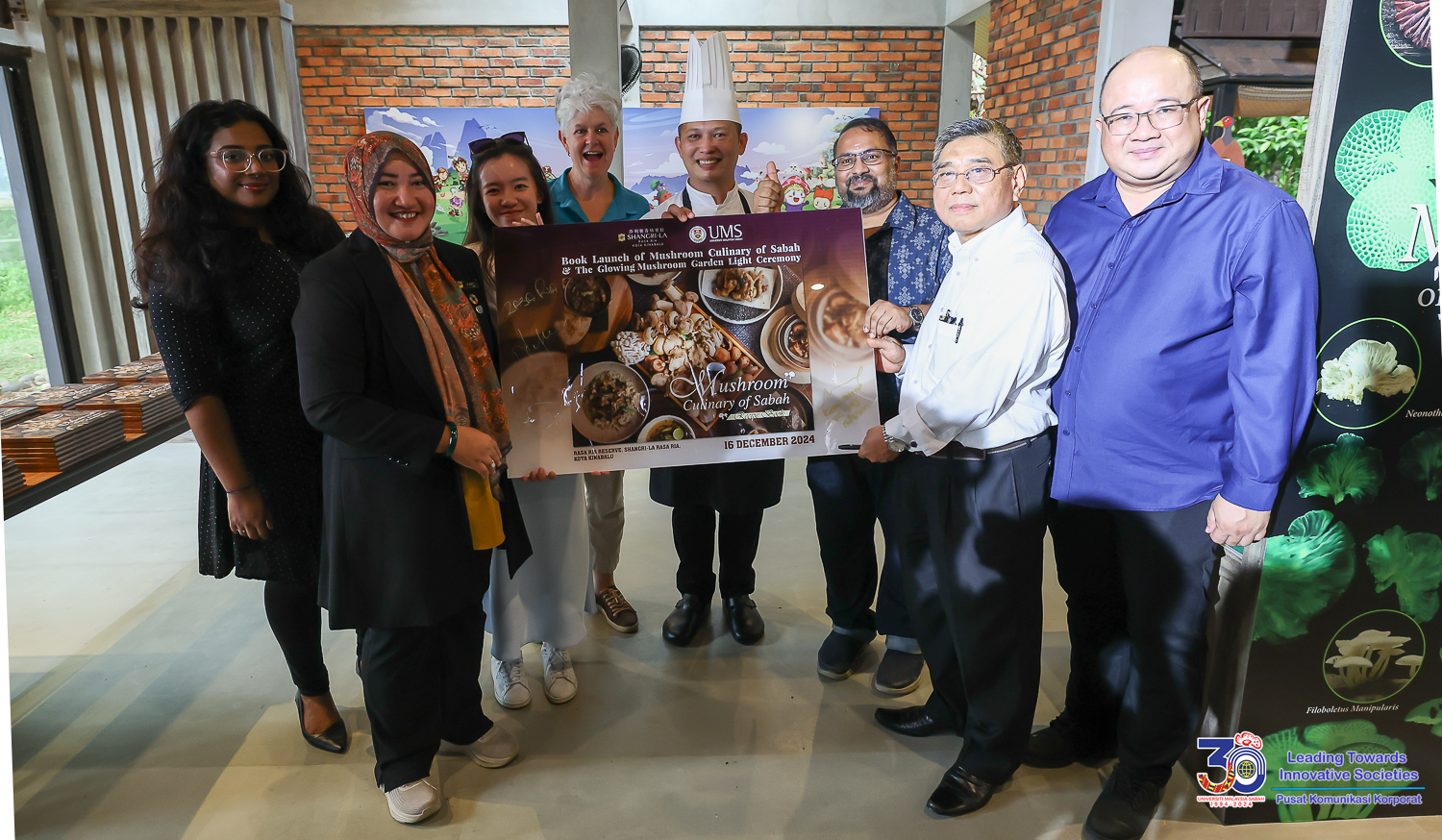 Shangri-La Rasa Ria, Kota Kinabalu, celebrated a night of innovation and discovery, strengthening its collaboration with Universiti of Malaysia Sabah (UMS) through the launch of Mushroom Culinary of Sabah, a recipe book showcasing the culinary and ecological significance of mushrooms, alongside the unveiling of Malaysia’s first bioluminescent mushroom display.
Shangri-La Rasa Ria, Kota Kinabalu, celebrated a night of innovation and discovery, strengthening its collaboration with Universiti of Malaysia Sabah (UMS) through the launch of Mushroom Culinary of Sabah, a recipe book showcasing the culinary and ecological significance of mushrooms, alongside the unveiling of Malaysia’s first bioluminescent mushroom display.